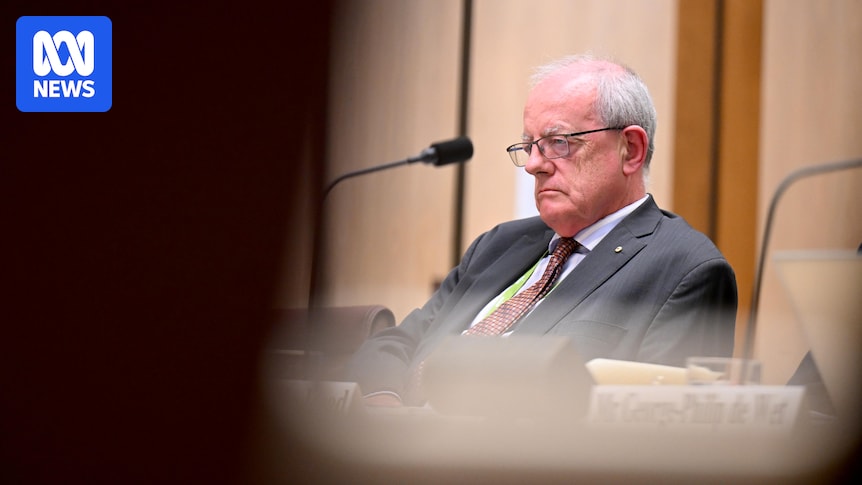
The National Anti-Corruption Commission (NACC) chief executive, Philip Reed, has issued an apology to the Australian parliament for providing inaccurate evidence regarding the work hours of NACC Commissioner Paul Brereton. Reed’s letter of explanation aims to correct his earlier testimony to the Senate estimates, revealing that Brereton provided advice to the Inspector General of the Australian Defence Force (IGADF) on eight occasions during official work hours, contrary to previous claims.
This admission follows revelations by ABC News in September that Brereton, who earns over $800,000 annually as the head of the federal integrity watchdog, continued to consult for the IGADF despite assurances that he had stepped away from such roles. Reed’s letter, addressed to the Senate Legal and Constitutional Affairs Legislation Committee, seeks to amend his testimony from October 7 and includes an apology for the “inaccuracy.”
Background and Implications
Reed’s apology highlights a significant oversight in the management of potential conflicts of interest within the NACC. Initially, Reed had informed Greens senator David Shoebridge that Brereton’s consulting activities did not occur during his working hours for the commission. However, the letter now clarifies that out of 22 occasions over 28 months, 14 instances of advice given to the IGADF occurred outside regular business hours.
“It has become clear that most, but not all, of the instances when the Commissioner provided advice to the IGADF occurred outside ordinary business hours,” Reed wrote. “I apologise for this inaccuracy in my evidence.”
This development follows a similar apology from Australia’s military justice chief, James Gaynor, who admitted to parliament that he had sought Brereton’s advice on 21 occasions, rather than the 11 originally disclosed. These revelations raise questions about the transparency and accountability of public officials engaged in multiple roles.
Integrity and Oversight
In response to these events, the NACC had previously stated that Brereton would step back from all Defence-related corruption investigations to avoid any perceived conflict of interest due to his military connections. Despite this precaution, the NACC maintained there was no “actual conflict” and described the step as “unnecessary.”
Meanwhile, the watchdog’s inspector, Gail Furness, confirmed that she is actively investigating two complaints related to Brereton’s military ties, including one from a former watchdog employee. These ongoing investigations underscore the importance of robust oversight mechanisms to maintain public trust in integrity institutions.
Looking Ahead
Philip Reed is scheduled to appear before the Senate estimates next week, where he is expected to face further scrutiny regarding the management of the NACC and its oversight processes. This session will likely explore the broader implications of these revelations for the integrity watchdog and its leadership.
The unfolding situation at the NACC highlights the delicate balance between maintaining transparency and managing potential conflicts of interest within public institutions. As the Senate estimates session approaches, stakeholders and observers will be keenly watching for any additional disclosures or policy changes aimed at strengthening the integrity framework within Australia’s public sector.





